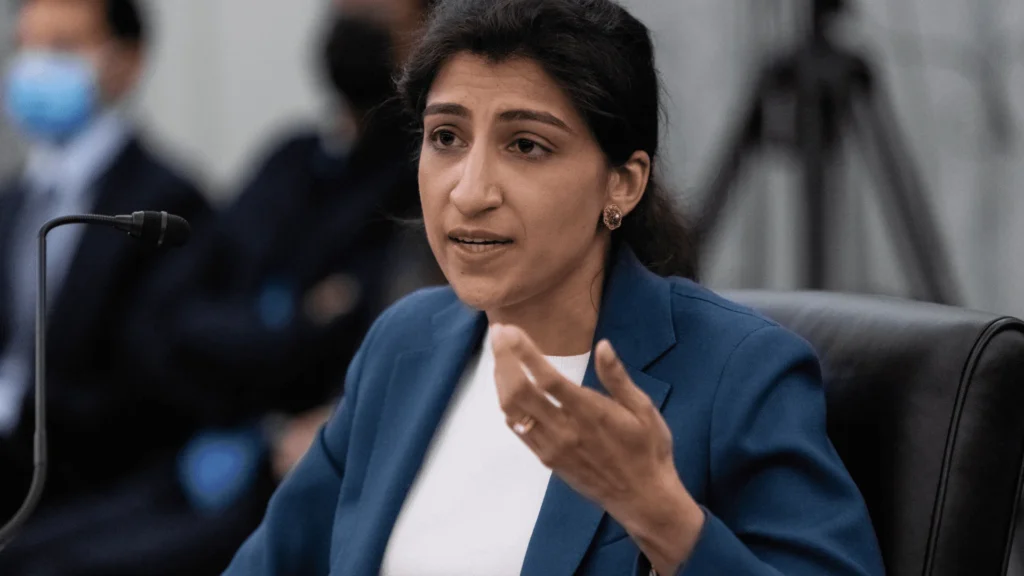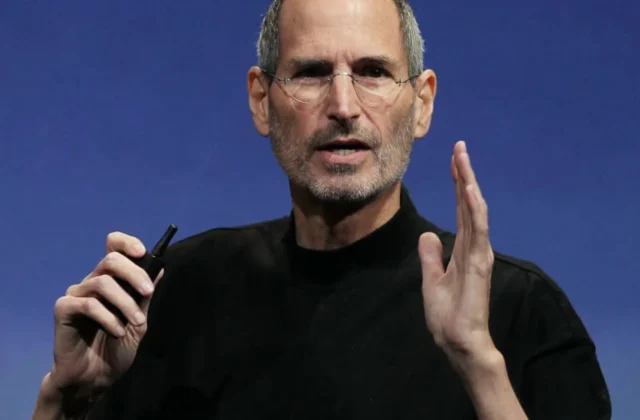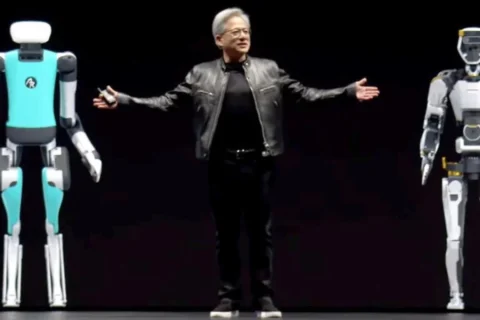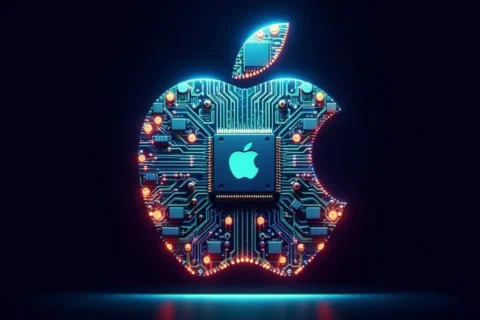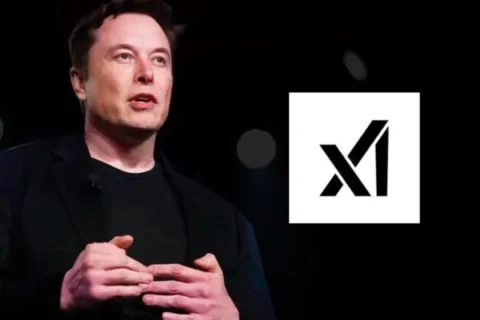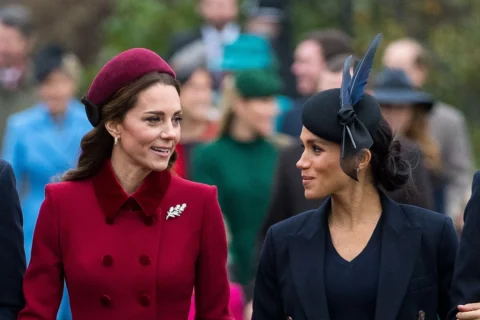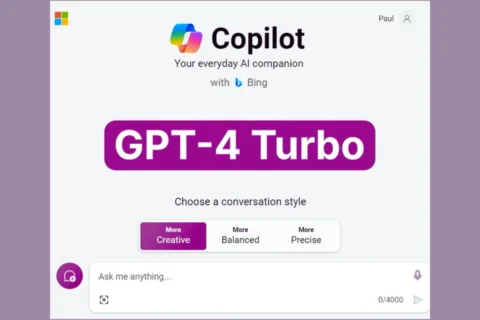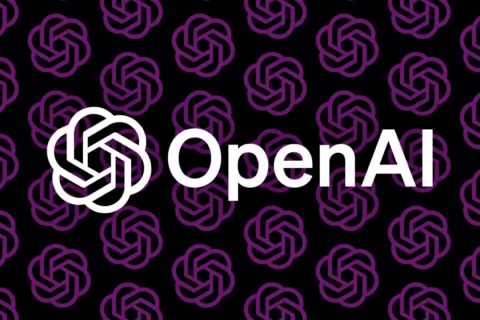U.S. antitrust authorities have initiated an examination into the connections between prominent artificial intelligence startups like OpenAI, the creator of ChatGPT, and the technology behemoths that have injected substantial funds into them.
The move focuses on Amazon, Google, and Microsoft and their control over the burgeoning AI landscape that has spurred the popularity of chatbots like ChatGPT, along with other AI applications capable of generating unique visual and auditory content.
“We’re investigating whether these associations empower dominant corporations to exert undue influence or secure preferential access in manners that could subvert fair competition,” stated Lina Khan, chair of the U.S. Federal Trade Commission, during the opening session of a Thursday AI symposium.
Khan highlighted that the market inquiry will scrutinize “the investments and collaborations forged between AI developers and major cloud service providers.”
On Thursday, the FTC disclosed that it had issued “compulsory orders” to five entities — cloud services Amazon, Google, and Microsoft, and AI startups Anthropic and OpenAI — mandating them to furnish details about their agreements and the decision-making processes involved.
Microsoft’s longstanding association with OpenAI is widely recognized. Meanwhile, Google and Amazon have recently inked multibillion-dollar agreements with Anthropic, another AI startup headquartered in San Francisco and founded by former OpenAI leaders.
Google expressed appreciation for the FTC’s investigation in a Thursday statement, subtly criticizing Microsoft’s OpenAI relationship and its history of attracting antitrust scrutiny due to its business practices.
“We anticipate that the FTC’s examination will shed light on companies that lack the transparency of Google Cloud or have a track record of customer lock-ins – and are extending that approach to AI services,” remarked Google in its statement.
Rimy Alaily, Microsoft’s corporate vice president for competition and market regulation, welcomed the FTC’s inquiry and defended such collaborations as “fostering competition and expediting innovation.”
Amazon, Anthropic, and OpenAI opted not to provide comments.
The European Union and the United Kingdom have already indicated that they are investigating Microsoft’s investments in OpenAI.
The EU’s executive arm stated earlier this month that the partnership might warrant scrutiny under regulations governing mergers and acquisitions that could stifle competition within the 27-nation bloc. Britain’s antitrust authority initiated a similar examination in December.
Advocates of antitrust measures commended the actions taken by both the FTC and Europe concerning deals that some have criticized as quasi-mergers.
“Major tech companies realize they cannot outright acquire the top A.I. firms, so instead, they are seeking ways to exert influence without officially labeling it as an acquisition,” remarked Matt Stoller, research director at the American Economic Liberties Project, in a written statement.
Microsoft has never publicly disclosed the total investment in OpenAI, which CEO Satya Nadella described as a “complex arrangement.”
“We have made a substantial investment,” Nadella mentioned in a November podcast hosted by tech journalist Kara Swisher. “It’s not just monetary; it also involves computational resources and other contributions.”
OpenAI’s governance and its connection with Microsoft faced scrutiny last year after the abrupt dismissal and subsequent reinstatement of CEO Sam Altman, creating turmoil that grabbed global attention.
Behind-the-scenes actions over a weekend, coupled with a potential mass employee exodus led by Nadella and other Microsoft leaders, stabilized the startup and resulted in the departure of most of its previous board.
In the new arrangement, Microsoft secured a nonvoting board seat, with Nadella clarifying at Davos, “we definitely don’t have control.” The complexity leading to Altman’s temporary removal revolved around OpenAI’s unique governance structure.
Initially, it started as a nonprofit research institute dedicated to the secure development of futuristic AI. Despite still being governed as a nonprofit, the majority of its staff now works for the for-profit arm established years later.
Microsoft initiated its initial $1 billion investment in San Francisco-based OpenAI in 2019, well before the introduction of ChatGPT, which captivated global interest in AI advancements.
As part of the agreement, the Redmond, Washington software giant committed to providing the necessary computing power for training AI language models on extensive collections of human-generated content.
In return, Microsoft gained exclusive rights to a significant portion of OpenAI’s developments, integrating the technology into various Microsoft products.
Nadella drew parallels in January to longstanding commercial partnerships, such as the one with Intel. Speaking to a Bloomberg reporter at the World Economic Forum in Davos, Switzerland, he emphasized, “So we build the compute. They then use the compute to do the training. We then take that, put it into products. And so in some sense it’s a partnership that is based on each of us really reinforcing what… each other does and then ultimately being competitive in the marketplace.”
For almost a year, the FTC has indicated its focus on tracking and preventing illegal practices in AI tool use and development. In April, Khan emphasized the government’s commitment to cracking down on harmful business practices involving AI.
Beyond concerns about harmful applications, Khan highlighted the scrutiny of market power consolidation among a few AI leaders, potentially leveraging this “market tipping moment” to entrench their dominance.
With all three Democratic commissioners voting unanimously to launch the inquiry, Commissioner Alvaro Bedoya expressed the intention to “shed some light on the competitive dynamics” of these advanced AI models.
The companies now have 45 days to provide the FTC with information, including partnership agreements, strategic rationales, decision-making processes for product releases, and the essential resources and services required for building AI systems.
Thank you for taking the time to read the entire article!
